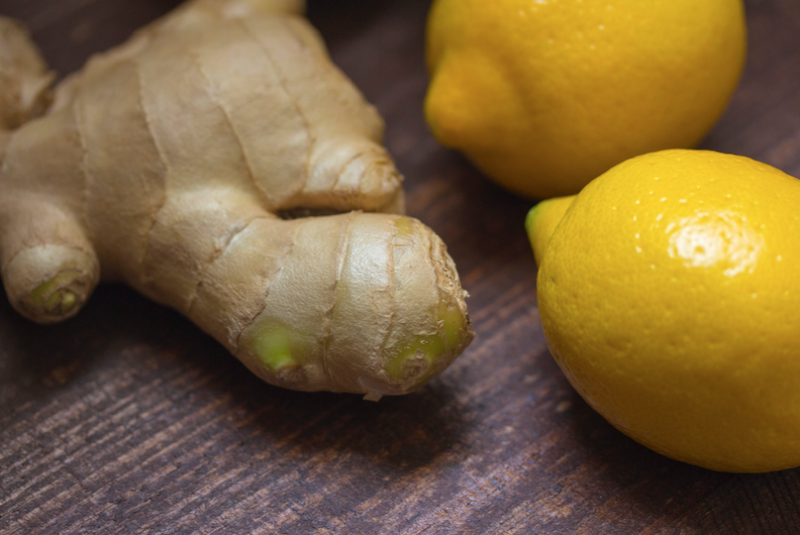
The Health Benefits of Ginger
What is Ginger?
Hands down, ginger (Zingiber Officinale) is one of best super-foods on planet Earth. It’s an easily-available, affordable, seriously versatile, health-boosting anti-inflammatory goodie that brightens up everything from soup to nuts, mains to sides, and desserts to smoothies and teas. But ginger’s benefits extend way beyond culinary delicacies. In fact, it is one of the most potent natural medicines available around the world.
What’s so special about ginger? For starters, it’s an ancient favorite. Dating back more than 5,000 years, both Indians and the Chinese used it as a health tonic. The benefits of ginger are so widely known and accepted, and so well-studied and chronicled that NIH (National Institutes of Health) published a comprehensive chapter on ginger from the book, Herbal Medicine: Biomolecular and Clinical Aspects on the their website.
Health Benefits:
While the benefits of ginger are numerous, let’s focus on some of its most popular uses:
Ginger is a great digestive aid. It helps us digest our food better, faster and more efficiently. Here you can see that ginger is particularly helpful in cases of functional dyspepsia (upper abdominal pain and discomfort) because it improves gastric motility, simply meaning it helps the stomach to empty faster, thereby relieving symptoms. Ginger reduces nausea and vomiting which can be very helpful for motion sickness, over-eating - especially too many rich and fatty foods, and in cases of pregnancy and chemotherapy.
Ginger is a powerful anti-inflammatory well-known for its ability to moderate inflammatory conditions in the body. Many of which link to modern diseases like heart disease, cancer, autoimmune disorders. This includes lupus and rheumatoid arthritis, Alzheimer’s and diabetes. Here are two good primers for understanding inflammation and how it affects us. This one from Harvard Medical School and this from NIH. The International Journal of Preventive Health published this article on the antioxidant and anti-inflammatory effects of ginger in health and physical activity. The active compounds in ginger provide antioxidant benefits giving ginger it its edge in reducing muscle pain and inflammation, improving cardiovascular health, improving diabetes and gastrointestinal health, and in fighting certain forms of cancer.
Ginger has been studied for its ability to lower cholesterol levels. In this study, ginger powder capsules were given to patients in both a treatment group and a placebo group. The study concluded “that ginger has a significant lipid lowering effect compared to placebo”.
What works best for you?
Because ginger can be pretty spicy, it may not work for everyone all of the time. When using ginger for medicinal purposes, it’s always a good idea to experiment with what works best for your body. You can also consult with a qualified health-care practitioner who understands the health benefits of spices and herbs.
